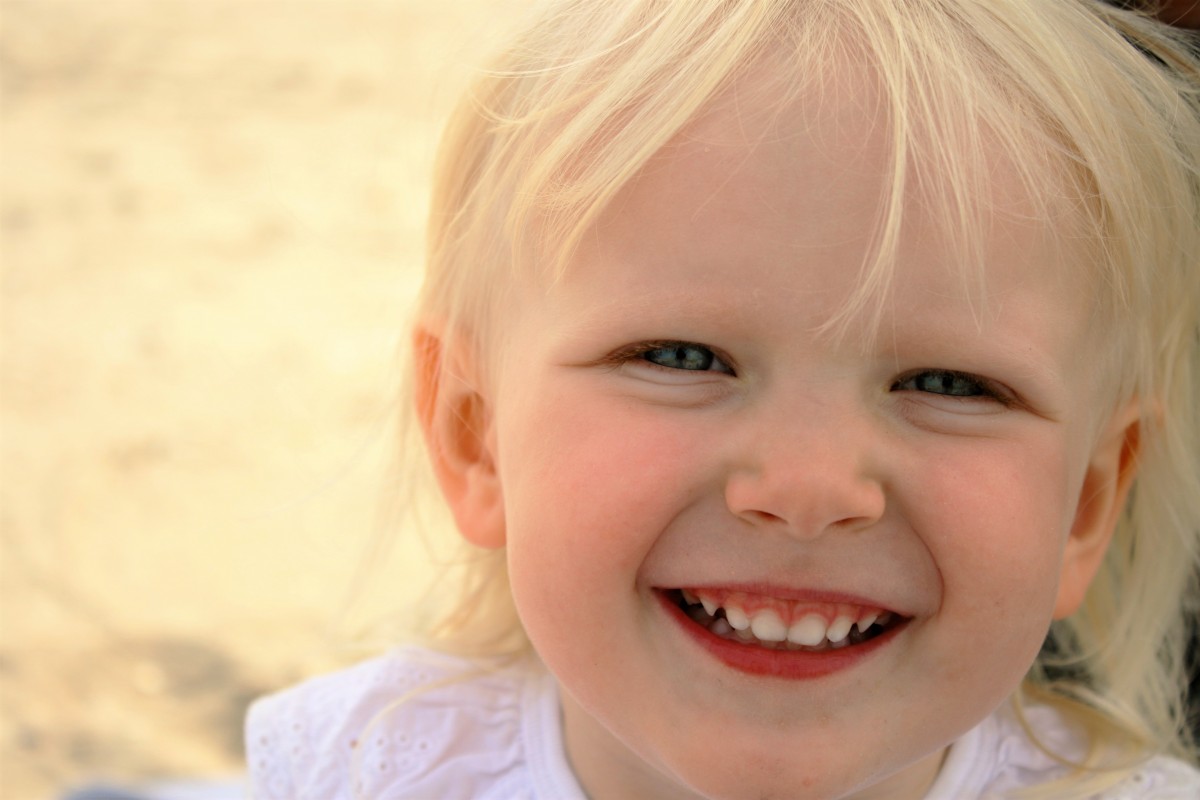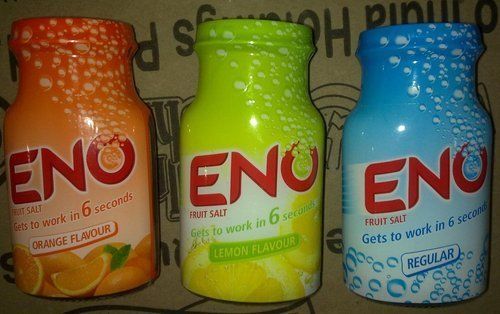This article has been written by Dr. Sushma Sharma who is a medical practitioner. We would like to thank her for joining us and sharing her thoughts with the world.
Every baby is born with tooth germs hidden in the gums which erupts only after the age of 6 months.These “pearly white” are often called as Milk teeth owing to the colour and refractive index which is closer to that of the milk. These teeth are also called deciduous teeth, baby teeth, primary teeth. All the primary teeth generally erupts by the age of 3 years. They are twenty in number. The roots of these milk teeth starts to dissolve around six to seven years of age, the tooth sheds and is replaced by permanent tooth eventually. Below I am going to through some light on myths and facts related to milk teeth.
http://www.omilights.com/myths-and-facts-in-dentistry/
11 Dental Myths Associated with Milk Teeth
1.Milk Teeth Erupt at Six Months of Age
Biology is science of exceptions not rules. The average of eruption of first milk teeth is six months, but this is an average time not absolute value.I have observed many kids including my son, have first milk teeth after one year of age.
2.Milk Teeth are not Important
- Unfortunately, majority of parents have a serious misconception about the role milk teeth. Though your kid eventually will lose milk teeth. But it does not mean that milk teeth are not important.
- They play an important role in food digestion, speech development, facial musculature development and normal eruption of permanent teeth.
- Decayed or extracted milk teeth may adversely affect nutritional status of a child, thus negatively affect overall growth and development.
3.Dental Caries are Inevitable
Dental cavities triad has three basic components : Host factor (Tooth, oral hygiene habits, lifestyle, quality and quantity of saliva), microorganisms, sugar (amount, frequency,refined or crude). Actually, almost 100% of cavities are preventable. Teach your child to limit their sugar intake and to properly brush and floss their teeth.
4.Losing Baby Teeth to Tooth Decay -No Big Deal
- Many parents come with a question “Why should we care or treat decay in milk teeth as they fall off anyway?” Maintenance of loss of baby teeth due to tooth decay is significant.
- Tooth decay in baby teeth can damage developing crowns of the permanent teeth developing below them.
- Milk teeth act as natural space maintainers. Neighbouring teeth always have a tendency to drift into the empty space. So, when baby teeth are lost prematurely, there is loss of space, gaps or crowding ,the permanent teeth may obtain abnormal position warranting more complex dental treatments later on.
5.No Need to Brush Baby Teeth
Begin to clean you kids ”pearly whites” as soon as first teeth erupt in the mouth.
- Enforce a regular oral hygiene routine including rinsing after each meal or snack
- Clean baby’s gum pads everyday by gentle massage even before the teeth erupt.
- Brush twice a day gently with a child-size toothbrush and a smear (or grain of rice sized amount) of fluoride toothpaste until the age of 3.
- Brush the teeth with a pea-sized amount of fluoride toothpaste from the ages of 3 to 6 years.
6. Let the kid Brush him on his Own:
- Supervision of child is essential while brushing until your child is able to spit and not swallow toothpaste—usually not before he or she is 6 or 7.
- Also, kids do not develop the physical dexterity to do so until they are about six or seven years old.
7.Sugar will help your Child Digest the Milk
Traditionally, we are adding sugar as sweetener in milk to make it easier for a child to drink it. But, sugar will not help your child digest the milk, but it might help him enjoy his milk.
- By adding sugar to your baby’s food, essentially you increase the sweet preference or give your baby ‘sweet tooth’.
- Excessive consumption of sugars can cause dental caries or Early Childhood Caries, obesity, diabetes and heart disease in future.
8.Routine Dental Checkup is not Important
- It is very important to take good care of the primary or milk or deciduous teeth
- According to American Academy of Pediatric Dentistry (AAPD), a child’s first dental visit occur shortly after the first tooth erupts and no later than the child’s first birthday.
- You should schedule dental appointment for your kid in every six months for regular cleaning followed by fluoride paste application if required.
- This is beneficial as early caries can be identified during these visits and treated before onset of pain, halt the progression of current lesions to severe stage and this will also reduce the onset of new dental caries.
- Sometimes tooth anatomy is susceptible to caries like deep pits and fissures, chemical sealants are indicated.
9.Milk Bottle in Sleep as Pacifier or Sleeping Aid
Some parents have the habit of bottle feeding while their babies are lying down.Letting your baby go to sleep with a bottle of milk or juice is not a good idea.
- Dental decay: ”Nursing bottle caries” or Baby bottle syndrome : It is term provided to the rampant form of dental decay found in infants and toddlers that result from permitting infants and children to go to sleep with a bottle of formula, whole milk, or fruit juice. Baby Bottle Tooth Decay most often occurs in the upper front teeth, but other teeth are susceptible too.
- Place only formula, milk or breast milk in bottles. Avoid filling the bottle with liquids such as sugar-water, juice or soft drinks.
- Infants should finish their bedtime and nap time bottles before going to bed.
- If you are giving a pacifier to your child, make sure it is throughout clean – don’t dip it in sugar or honey.
- Encourage your child to drink from a cup by his/her first birthday.
- Encourage healthy eating habits.
- Ear infections: Sometimes the milk leaks out from the mouth and slides down into the ear. This gives a chance for bacterial growth in and cause ear infections.
- Sleep associations: child comes to depend on having a bottle to get to sleep
10.Sharing Food with Baby Increases Love
Babies are born with sterile mouth devoid of caries causing bacteria. Parents usually feed the child with them from same utensils.Studies have shown that maternal or caregiver habits of infant care (frequent use of the same spoon, tasting food before giving it to baby, licking of the pacifier, kissing on the mouth) represent important routes by which maternal oral microbes can be transferred to a baby.
11. Children Should Try to Pull Loose Teeth
It is a good to apply physical force on to wiggle a loosened tooth. But do not try to pull out a tooth before it is ready to fall out on its own. Sometimes root may be broken may remain and is more susceptible to infection and can lead to other problems. If a tooth is firm and permanent tooth is beginning to erupt, schedule an appointment with your dentist.






